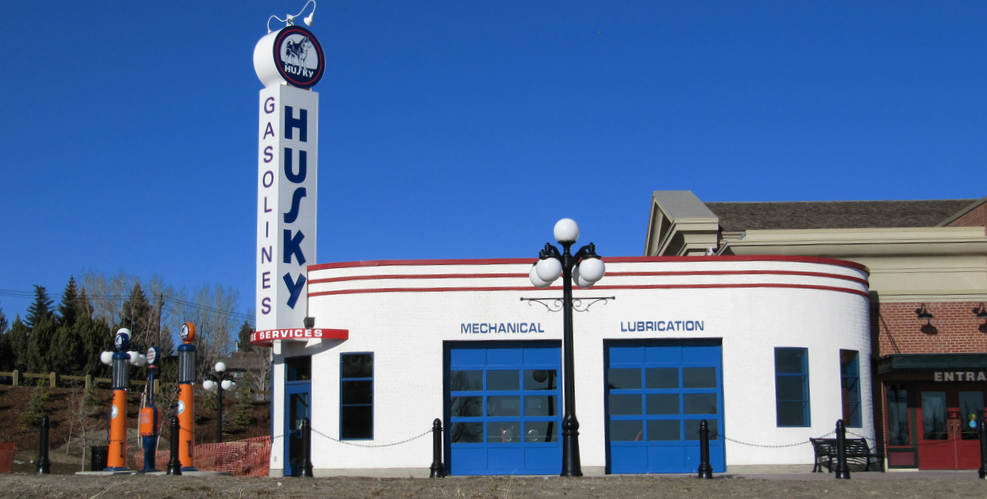Atlantic Canadians Pay Up for “Just and Reasonable” Gas Prices
Provincially mandated gasoline prices burden Atlantic Canadians, who have now paid US$166 million extra since regulations were introduced.
Whether there was public demand or not for action against prices perceived to be too high and volatile, the cure has proved worse than the disease, and it offers a lesson for other jurisdictions considering this course of action. Industries are suffering from the higher cost of inputs, even though gasoline consumption has not risen significantly.
Prince Edward Island was the first province to implement controlled gasoline prices in 1991, purportedly to be just and reasonable. Newfoundland and Labrador followed in 2001, and then Nova Scotia and New Brunswick in 2006. The only ones to benefit, however, have been government officials, along with some members of the regulated industry — not consumers.
Marco Navarro-Génie, president and CEO of the Atlantic Institute for Market Studies (AIMS) in Halifax, has authored new research on Atlantic Canada’s unhealthy use of price controls. Released in August, he quantified the impact in “What’s Still Missing from Your Wallet?” by comparing historical trends and neighboring cities with unregulated prices. The policy paper identifies many adverse effects from imposing both minimum and maximum prices on gasoline — including rent seeking and industry protectionism — not that it made sense to begin with.
He demonstrates that the average unregulated price of gasoline was lower, although there were more fluctuations as supply and demand conditions changed. In other words, regulated prices fluctuate less, “but at the potential cost of an increased average price per liter.” His findings are consistent with 2011 research published in the American Law and Economics Review, which demonstrated that in Atlantic Canada “the enactment of such regulation is significantly correlated with higher prices.… [and] the possibility of regulatory capture.”
Navarro-Génie also found a lack of government transparency during his research: compiling the data was a challenge, particularly from Prince Edward Island. In this regard, the author calls for governments to present a proper accounting of the costs of enforcement, management, and compliance and the policy results.
Derek Fildebrandt, a member of the Legislative Assembly (MLA) for Strathmore-Brooks in Alberta, has openly criticized these policies, and he fears the lunacy might make it to the federal level: “Regulating gas prices has been a disaster in Atlantic Canada. Doing so nationally won’t be any different,” he commented on his Twitter.
Navarro-Génie argues correctly that deregulation in this domain would save money for taxpayers too, given the obsolescence of government agencies tasked with administering prices: “The cost of regulation … is not just in its distortion of the market price in either direction, but also in the actual process of facilitating the regulation.”
Image: Malcolm. Fergus Hodgson contributed to this article.









